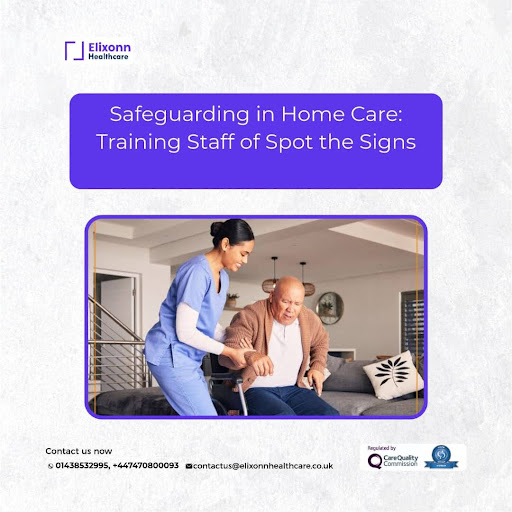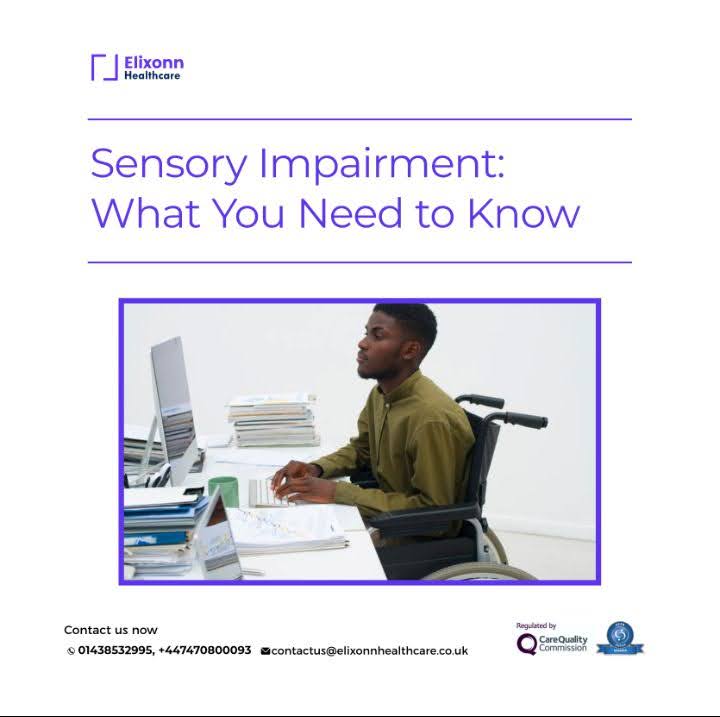Attention to detail can make all the difference in ensuring that the individuals they care for lead a fulfilling and comfortable life.
As caregivers, these professionals have been trained to look beyond the surface and focus on the nuanced needs of our clients, something that families may sometimes overlook.
Here, we explore five critical aspects that caregivers prioritize in their work, which families might want to embrace to enhance the care process.
-
Understanding Individual Preferences
Caregivers excel at recognizing and respecting the personal preferences of those in their care.
Whether it’s their favorite meals, preferred daily routines, or specific hobbies, caregivers take the time to learn what brings joy and comfort to their clients.
Families can elevate the caregiving experience by also acknowledging these details.
A family member might assume they know what an elderly relative prefers, but involving a caregiver often yields richer insights that can enhance the quality of life.
-
Medication Management
Caregivers are meticulous about medication schedules, ensuring that clients take the correct dosage at the right time.
This is crucial for maintaining health and managing chronic conditions.
Families may overlook the importance of this task, especially if they are only involved episodically.
Also, families need to engage in conversations around medication, ask questions, and stay informed about their loved one’s prescriptions.
Clear communication with caregivers can form a safety net for preventing mishaps.
-
Emotional and Social Well-Being
Caregivers often focus not just on physical assistance but also on the emotional and social needs of their clients.
They understand the importance of companionship, checking in on mental health, and facilitating social interactions, whether through organized activities or simple chats.
Families can sometimes underestimate the emotional dimension of caregiving.
By coordinating visitation schedules and encouraging social engagement, families can enhance their loved one’s emotional health.
-
Creating Routine and Structure
One of the most significant contributions caregivers make is establishing a sense of routine and predictability.
They know how a consistent schedule can reassure those in their care and improve their overall well-being.
While families may have good intentions, a lack of routine can lead to confusion or anxiety for their loved ones.
Encouraging open conversations with caregivers about daily routines can help families understand the benefits of consistency and how to support it.
-
Advocacy and Communication
Caregivers often serve as advocates for their clients, navigating medical systems and ensuring that their needs are met in various settings.
Families often miss out on the nuances of advocacy, which can include understanding healthcare plans and patient rights.
By teaming up with caregivers, families can benefit from the caregiver’s experience and advocacy skills.
This collaboration can lead to better communication with healthcare professionals and improved overall care.
Conclusion
The role of a caregiver goes beyond basic care; it encompasses a thoughtful approach that many families may not fully appreciate.
By recognizing and valuing these critical aspects of caregiving, families can create a more supportive environment for their loved ones.
The interplay between caregivers and families is crucial in promoting holistic care, thereby ensuring a better quality of life for those in their care.
If you want to enhance the care of your loved ones, consider reaching out to us at Elixonn Healthcare for caregiving services.




